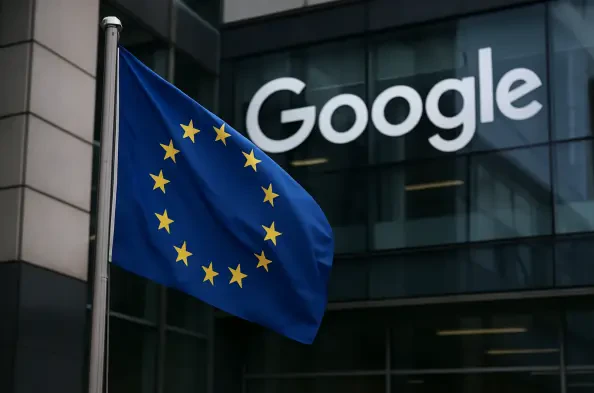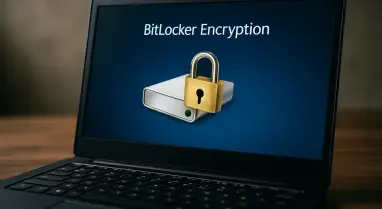As quantum computing continues to advance, it poses an imminent and unprecedented threat to traditional encryption methods such as RSA and ECC. With the increasing likelihood of these quantum systems becoming reality soon, securing sensitive data is more important than ever. A future where encrypted information is vulnerable to being decrypted by quantum computers is no longer a distant hypothetical scenario. This menace calls for swift and decisive actions to safeguard our digital assets, proprietary data, and personal privacy from falling prey to quantum decryption. Recognizing this urgency, cybersecurity experts and organizations are being urged to transition to post-quantum cryptography (PQC) solutions without delay.
The Imminent Challenge of Quantum Decryption
The advent of quantum computing brings with it the risk of “store now, decrypt later” strategies employed by cybercriminals and nation-states. These malicious actors are collecting encrypted data today with the expectation of breaking it using quantum decryption capabilities in the near future. Such actions are paving the way for future breaches that could lead to irreparable losses in privacy and data integrity. Unlike classical computers, quantum computers can perform calculations at an unparalleled speed, rendering traditional encryption algorithms ineffective. As quantum computing power continues to grow, RSA and ECC will no longer provide reliable encryption, making sensitive data vulnerable to exposure.
Compounding this threat are advancements in artificial intelligence (AI)-driven cyberattacks. Cybercriminals are leveraging AI to target and exploit encryption vulnerabilities with greater finesse. The convergence of AI with quantum decryption capabilities creates a formidable challenge for existing encryption defenses, further emphasizing the necessity to adopt PQC solutions. Adding to the complexity, these quantum-era threats are evolving at a pace that can outstrip traditional cybersecurity measures, leaving organizations struggling to keep up. Without timely intervention and adoption of quantum-resistant cryptographic methods, organizations may find their encrypted data exposed, leading to significant financial, operational, and reputational damage.
Consequences of Delayed Post-Quantum Cryptography Adoption
Not embracing PQC solutions in a timely manner poses severe risks that extend beyond data breaches and loss of privacy. Regulatory and legal repercussions are a significant concern, as failure to protect sensitive information can result in penalties, fines, and lawsuits. Organizations also risk tarnishing their reputation and losing the trust of their stakeholders, customers, and partners. In an era where data breaches are becoming increasingly common, any organization lagging behind in implementing robust security measures will stand out—and not in a good way. This competitive disadvantage could erode customer bases, disrupt business operations, and diminish brand value.
Furthermore, the financial system is particularly susceptible to quantum threats. Disrupted banking transactions, compromised digital assets, and unauthorized access to financial information are just a few of the potential consequences. If banking and financial institutions fail to transition to quantum-resistant encryption methods, the integrity of the entire financial system could be jeopardized. Beyond financial implications, public trust in digital platforms—already shaken by numerous data breaches and cyberattacks—could deteriorate even further, making individuals more hesitant to conduct transactions and communications online. This erosion of trust underscores the critical nature of transitioning to PQC and securing digital interactions against quantum decryption threats.
Proactive Measures for Cryptographic Resilience
To mitigate these looming risks, security professionals must take immediate and strategic actions. Deploying NIST-approved PQC algorithms such as lattice-based, hash-based, and multivariate cryptographic solutions is imperative to protect sensitive data from quantum decryption. These algorithms are designed to withstand the powerful computational capabilities of quantum computers, ensuring that encrypted information remains secure. It’s not just about encryption, though; adopting a zero-trust security model is essential to enhance overall cybersecurity. This approach emphasizes stringent authentication, continuous monitoring, and strict access controls to limit potential breaches and unauthorized access.
Equally important is securing communication channels by transitioning away from traditional email, VoIP, and conferencing platforms to quantum-resistant alternatives. This step is crucial in protecting sensitive information exchanged through these mediums from potential quantum decryption. Alongside these measures, using AI-powered security tools can provide advanced threat detection and proactive countermeasures against quantum-era cyber threats. These tools can identify abnormalities and vulnerabilities more accurately, allowing for faster response and mitigation. By taking these comprehensive steps, organizations can strengthen their defense against the impending quantum computing challenge and ensure the long-term security of their digital assets and information.
A Call for Immediate Action
As quantum computing continues to make rapid advancements, it introduces a significant and unprecedented risk to traditional encryption methods, including RSA and ECC. With quantum systems potentially becoming operational in the foreseeable future, the imperative to protect sensitive data has never been more crucial. The once distant threat of encrypted information becoming easily decrypted by quantum computers is now a conceivable reality. This evolving danger demands immediate and decisive measures to protect our digital assets, proprietary information, and personal privacy from the risks posed by quantum decryption. Acknowledging the immediate need for action, cybersecurity experts and organizations are strongly encouraged to adopt post-quantum cryptography (PQC) solutions without delay. Embracing PQC technologies will be essential in fortifying our defenses against the quantum threat, ensuring that our information remains secure in a future driven by quantum advancements.






